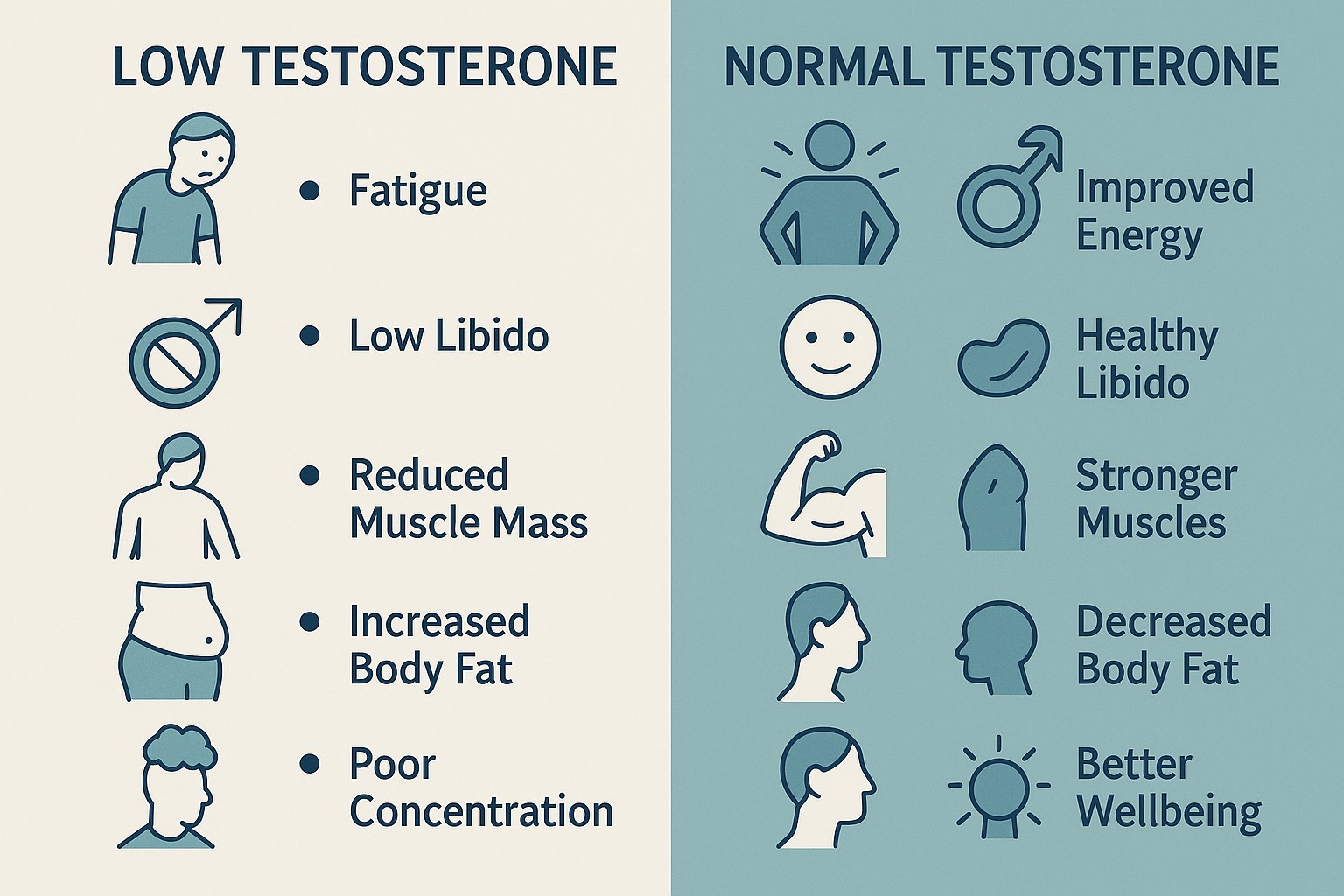Urological issues affect many people but are notably more common in adults. These problems can significantly impair the quality of life and may lead to severe complications if not addressed promptly. This article provides a comprehensive guide on preventing urological conditions and determining when to consult a urologist.
Can Urological Conditions Be Avoided?
The Importance of Hydration
The first line of defense in preventing urological conditions is good hydration. Adults are generally advised to consume at least two litres of water in the winter and approximately 2.5 litres in the summer. One study indicates that increased fluid intake can reduce the risk of kidney stones by 40-60%.
Monitoring Urine Colour
The colour of your urine serves as a helpful indicator of hydration. Nearly colourless or light yellow urine usually signifies adequate water consumption. A cloudy urine should raise concern. Blood in the urine requires urgent referral to a urologist for investigations to exclude bladder cancer.
Dietary Restrictions for Kidney Stones
Diet is key to lower the risk of stone formation. Limiting sodium and protein intake is advisable for those susceptible to kidney stones. Contrary to popular belief, reducing dairy intake is not recommended and can be counterproductive [^2^].
Tips for Recurrent UTIs
For individuals who experience recurrent urinary tract infections (UTIs), specific measures can be helpful:
- Proper genital hygiene
- Post-coital urination and washing
Despite its popularity, there is limited scientific evidence to support the efficacy of cranberry juice in preventing UTIs [^3^]. D-Mannose and Hiprex are currently recommended as means to lower the use of antibiotic treatment.
Guidelines for Prostate Health
For those dealing with prostate issues, the following tips are beneficial:
- Regular sexual activity
- Adequate hydration
- Limiting alcohol, caffeine, and carbonated drinks
- Regular bowel movements to avoid constipation
A Mediterranean diet rich in antioxidants—found in foods like tomatoes, squash, and grapes—is recommended for prostate cancer patients [^4^].
Do Urologists Also Treat Female Patients?
Yes, urologists are not limited to treating only male patients. While some conditions, such as prostate cancer, are male-specific, many urological issues like UTIs and urinary incontinence are also common in women. In fact, UTIs are 50 times more common in women than men [^5^].
When Should a Male Undergo Prostate Cancer Screening?
General Recommendations
Men are advised to undergo prostate cancer screening starting at age 50. This generally involves a Prostate-Specific Antigen (PSA) blood test and a rectal exam.
High-Risk Categories for prostate cancer
For those with a family history of prostate cancer, screenings should commence between ages 40 and 45. Early screenings are crucial as they increase the 5-year survival rate to nearly 100% if the cancer is detected at local or regional stages [^6^].
Reflection from a consultant urologist
Preventing urological conditions involves a combination of lifestyle choices and timely medical consultation. While not all urological conditions can be prevented, many can be managed effectively if diagnosed early. Always consult a urologist for a thorough evaluation and personalized treatment plan.
References
[^1^]: Borghi, L., Meschi, T., Amato, F., Briganti, A., Novarini, A., & Giannini, A. (1996). Urinary volume, water and recurrences in idiopathic calcium nephrolithiasis: a 5-year randomized prospective study. Journal of Urology, 155(3), 839-843.
[^2^]: Sorensen, M. D., Chi, T., Shara, N. M., Wang, H., Hsi, R. S., & Stoller, M. L. (2012). Dietary intake of fiber, fruit and vegetables decreases the risk of incident kidney stones in women: a Women’s Health Initiative report. The Journal of urology, 188(6), 2180-2185.
[^3^]: Jepson, R. G., Williams, G., & Craig, J. C. (2012). Cranberries for preventing urinary tract infections. Cochrane Database of Systematic Reviews, (10).
[^4^]: Schwingshackl, L., & Hoffmann, G. (2014). Adherence to Mediterranean diet and risk of cancer: an updated systematic review and meta-analysis of observational studies. Cancer medicine, 3(6), 1933-1947.
[^5^]: Foxman, B. (2002). Epidemiology of urinary tract infections: incidence, morbidity, and economic costs. American Journal of Medicine, 113(1), 5-13.
[^6^]: Cancer.net. (2020). Prostate Cancer: Statistics. Retrieved from https://www.cancer.net/cancer-types/prostate-cancer/statistics


